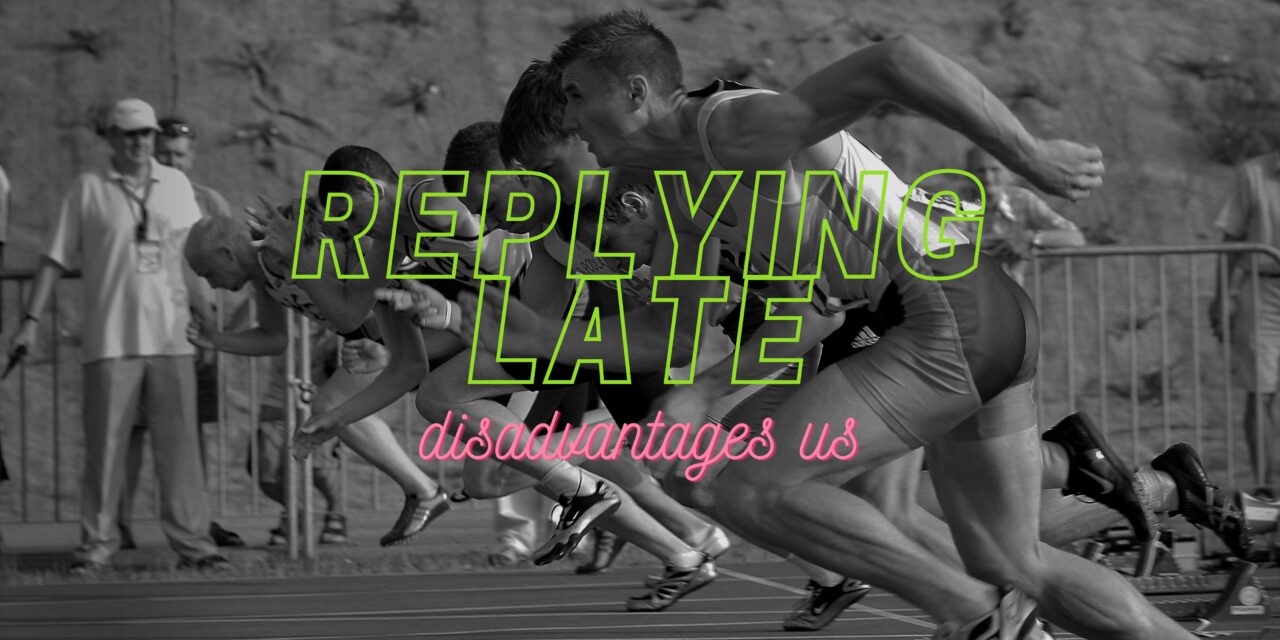A new study finds that the later we meet someone in a sequence, the more negatively we describe them. The research finds that unconscious bias could disadvantage people who happen to be evaluated later in a sequence, whether it’s job applicants, contestants on a reality show, Tinder dates, or wedding vendors couples are enquiring with.
The study published in the Journal of Personality and Social Psychology by Koch A, Bromley A, Woitzel J, Alves H called Differentiation in social perception aimed to study why later-encountered individuals are described more negatively.
Imagine you’re the 20th celebrant to reply to a wedding enquiry, you’re the 20th celebrant in their inbox, or the 10th hopeful stepping onto their email stage to audition for that role. You’re just as qualified and just as talented as those who went before you. According to this study, you are at a surprising disadvantage, thanks to an unconscious bias in how we perceive and describe others.
The study found that the later we encounter someone in a sequence, the more negatively we tend to describe them.
The simple takeaway for celebrants wanting to be perceived positively – isn’t that all of us? – is that we need to be closer to the front of the sequence.
These are scenarios I can think of that we could focus on:
- Be the quickest to reply to an enquiry. I have AI send a personal reply, not templated, almost immediately after the couple enquires.
- SEO. Be closer to the top of a search engine search. SEO still matters.
- Meet couples earlier in their journey. Whether it’s the couples who haven’t got a date yet, or have only just got engaged, find a way to engage with them early. This is a surprisingly big benefit of wedding expos, magazines, and helpful social media like Youtube and Instagram.
- Word of mouth always matters. So getting on referral lists is still important, particularly with venues as they’re often the first booked.
- Creating content for that era. Many of us are creating content to help and inform couples that are closer to their wedding date. Create content for the pre-planning era, or early-planning era of their wedding journey.
From SuchScience:
The researchers coined this phenomenon the “serial position-negativity effect.”
They hypothesised that when we sequentially encounter people, we focus on distinct attributes that differentiate each new person from those we’ve already met. And because distinct attributes tend to be negative in the grand scheme of things, our descriptions of later-encountered people become increasingly negative.
To test this, the researchers conducted a number of studies. In one, they had 992 participants (recruited from Prolific Academic) describe 20 people based on their Facebook profile pictures.
The participants described the first few individuals quite positively, using an average of 6.2 positive words each. But as they progressed through the sequence, their descriptions became significantly more negative, dipping to an average of just 4.7 positive words by the 20th person.
In another experiment, 987 participants (about evenly split between male and female, with an average age of 42) were shown short video clips of women introducing themselves on the popular TV show The Bachelor. In these clips, each woman tried to make a memorable first impression on the bachelor, often in creative and attention-grabbing ways.
As the study participants progressed through the sequence of videos, their descriptions of the women became increasingly negative: the tenth woman was described significantly more negatively, on average, than the first woman, despite the fact that the order of the videos was randomised for each participant.
And this last piece really captured me:
And their descriptions also became increasingly specific over time. As participants encountered more women, they focused more on what made each new woman stand out, leading to more unique and ultimately more negative descriptions.
Citation: Koch A, Bromley A, Woitzel J, Alves H. Differentiation in social perception: Why later-encountered individuals are described more negatively. J Pers Soc Psychol. 2024 Feb 29. doi: 10.1037/pspa0000383. Epub ahead of print. PMID: 38421750.






